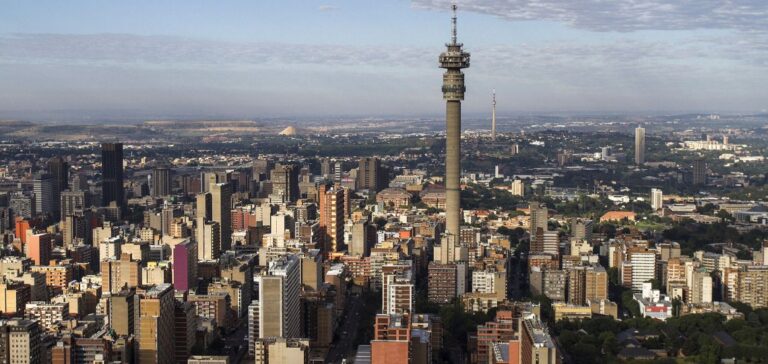A study by environmental NGO InfluenceMap has revealed that South Africa’s industrial giants, who still support the use of fossil fuels such as coal and natural gas, are endangering the energy transition of Africa’s leading industrial power. The study examined the climate policies of 16 companies and 12 industry lobbies based in South Africa.
Continued support for coal
While the companies surveyed support South Africa’s shift to renewables, they continue to strongly support the role of coal, particularly in the mining sector. Two of South Africa’s biggest polluters, Eskom and Sasol, are leading this movement. Eskom produces 90% of the country’s electricity from coal, while Sasol advocates the use of natural gas.
Dangerous lobbying for the environment
Lobbying for fossil fuels endangers the climate goals of South Africa, which consistently ranks among the top 15 greenhouse gas emitters in the world. The NGO also denounces the government’s “insufficiently strict” climate measures. Eskom and Sasol are trying to get out of the carbon tax that penalizes large emitters, but this measure, introduced in 2019, can be almost entirely offset by tax abatements.
Climate policy framework essential
Corporate climate policy leadership in South Africa is crucial to unlocking the transition to carbon neutrality, according to InfluenceMap. The country, which was the first to sign a “partnership for a just energy transition” at COP26 in Glasgow, will need at least $500 billion to achieve carbon neutrality by 2050, according to the World Bank.
Energy crisis in South Africa
South Africa is facing a serious energy crisis, unable to produce enough electricity for its 60 million inhabitants, who are subject to regular and drastic power cuts. Eskom, weakened by debts accumulated over the years due to bad practices and corruption, particularly under the era of former president Jacob Zuma.






















